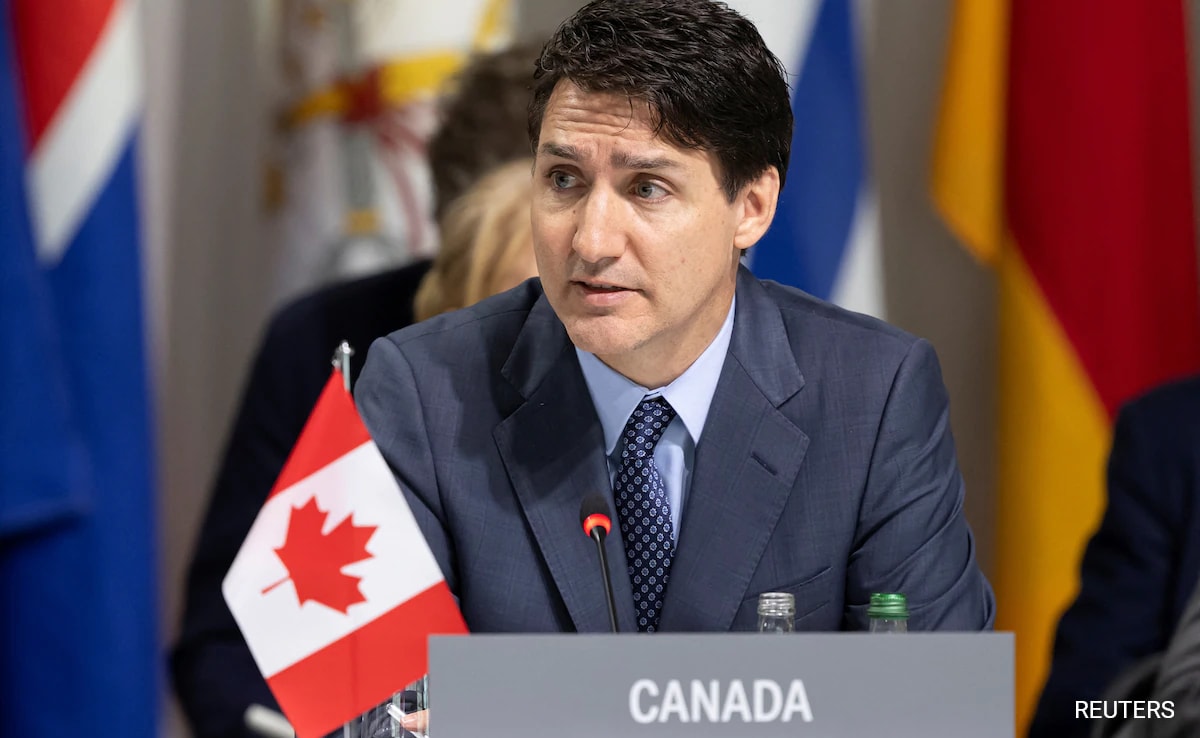[SINGAPORE] Great Eastern Holdings (GEH) chairman Soon Tit Koon said that he does not wish to speculate on the potential delisting of the insurer, as the company is working with its financial adviser to explore options for complying with the Singapore Exchange’s (SGX) free-float requirements.
Speaking at the annual general meeting (AGM) of OCBC’s insurance arm on Monday (Apr 14), Soon acknowledged that the board recognises that the current trading suspension is “not a satisfactory situation”.
He added that GEH will engage with parent company OCBC to identify alternative solutions that it may not be able to pursue independently.
“All (this) exploration, assessment, evaluation of different alternatives may now be worked on – it is a work in progress,” said Soon, who was appointed chairman in April 2023.
He was responding to shareholders’ concerns about GEH’s inability to restore its public float and whether SGX might compel OCBC to make a mandatory offer.
Shareholders raised the possibility that GEH could face an outcome similar to that of Boustead Projects, which was directed by the Singapore Exchange Regulation to delist last November.
BT in your inbox
Start and end each day with the latest news stories and analyses delivered straight to your inbox.
Soon noted that the independent financial adviser (IFA) – EY – had assessed OCBC’s offer and concluded that while the financial terms were “not fair”, they were “reasonable”.
“The keywords here are not fair but reasonable,” emphasised Soon, adding that EY listed 19 different factors that were taken into consideration.
“It is very important to bear in mind that it was a balanced decision on the part of (the) IFA when (it) came up with (its) final conclusion and recommendation,” he added.
Still, minority shareholders at the AGM expressed dissatisfaction with the offer of S$25.60 per share, which represents a 30 per cent discount to the insurer’s embedded value per share of S$36.59 as at Dec 31, 2023.
OCBC’s takeover bid
Shares of Great Eastern have been suspended from trading since July 2024, after the insurer lost its free float following a takeover bid by OCBC.
Last May, OCBC made a voluntary unconditional general offer of S$1.4 billion for the remaining 11.56 per cent stake in Great Eastern that it did not already own, with the aim to delist the insurer.
The bank held nearly 94 per cent of the insurer when the takeover offer closed in July 2024, but this was not enough for Great Eastern to delist, or for OCBC to compulsorily acquire the rest of its shares.
OCBC was allowed to make a revised offer six months after the close of the previous offer, under Singapore’s takeover code.
In January 2025, the insurer made an application to SGX for a further extension of time to examine its options for complying with the free-float requirements under the bourse’s listing rules.
SGX had no objection to granting the extension and Great Eastern has until May 25 to explore options.
At the AGM, Soon assured shareholders that GEH is working towards meeting this deadline.
He said: “We are now working very hard to explore the various options available, and we are quite aware of the deadline.”
Amid OCBC’s takeover bid, shareholders also raised concerns over the re-election of Helen Wong – OCBC’s chief executive officer and a GEH board director – citing potential conflicts of interest and integrity concerns.
Shareholders referenced media reports that, in January, Helen Wong had met Wong Hong Sun and his brother Wong Hong Yen, as well as representatives of Lee Thor Seng and his family, who are long-time shareholders of Great Eastern with a combined 3 per cent stake.
OCBC’s CEO reportedly tried to persuade them to support the lender’s attempt to buy up all the shares it does not own in Great Eastern.
Soon said that the board had no prior knowledge of these discussions and that Helen Wong had not disclosed them. He clarified that Helen Wong was deemed a non-independent director in the context of the takeover offer and had recused herself from related board deliberations.
He added: “As a matter of general principle, at our board, any director who may have interest in any particular matter that the board is considering or deciding would always recuse himself or herself. That has been the best practice and our corporate governance practice.”
Shareholders asked Helen Wong to personally clarify on the matter at the AGM but their requests were declined on the basis that she was attending the AGM in her capacity as a GEH director, and not as OCBC’s CEO.
Despite the concerns, the resolution to re-elect her to the board was passed with more than 99 per cent shareholder approval.
Helen Wong had previously said at OCBC’s fourth-quarter results briefing in February this year that the offer to take Great Eastern private last May was a “natural progression” in its strategy.
She had noted that the full integration of Great Eastern into OCBC would help the lender realise more synergistic value, by providing more opportunities for the bank to work closer with the insurer.
In a similar vein, newly appointed group CEO Greg Hingston said at the AGM that GEH is actively exploring synergies with OCBC and focused on strengthening its bancassurance operating model with both OCBC and the Bank of Singapore.
“We are also looking at how we can explore synergies with OCBC more broadly on how (to) enhance our products and propositions and how (to) optimise both balance sheet and investment opportunities,” he said.
Hingston also sought to reassure shareholders amid the current market volatility, emphasising that the group’s solvency position remains robust and well above regulatory requirements.
“To reassure our shareholders, as part of our general business stress testing that we undertake, it included a trade war scenario, similar to what we see in play currently,” he added.
Reflecting the group’s financial strength, Great Eastern raised its full-year dividend for the 2024 financial year to S$0.90 per share, up from S$0.75 a year earlier.







